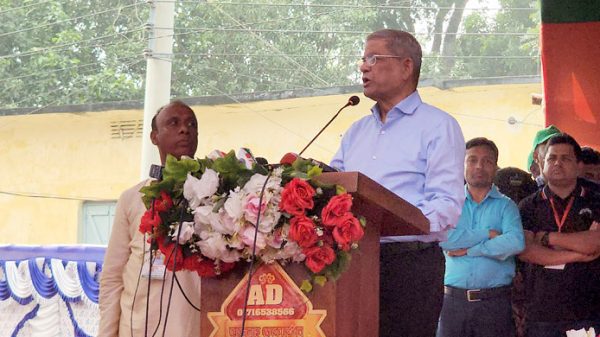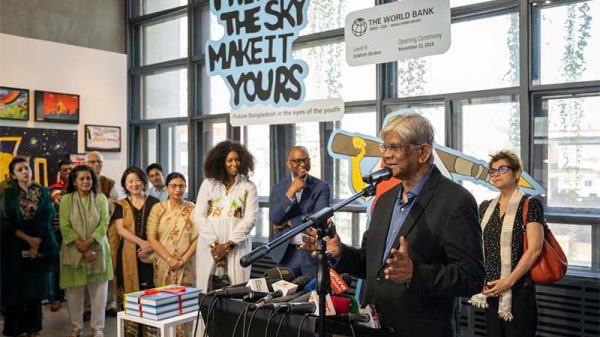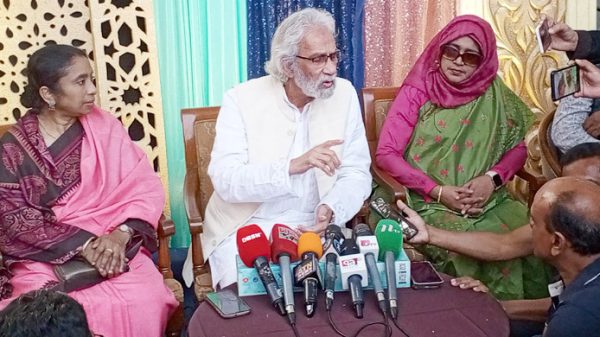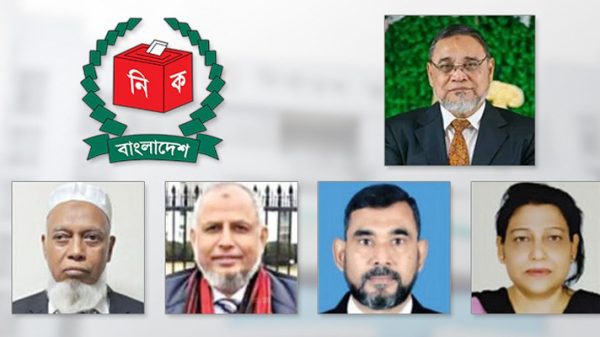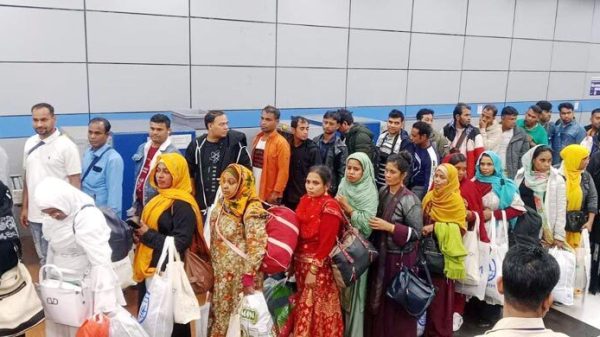Quota system in govt jobs sparks nationwide protests

- Update Time : Saturday, 6 July, 2024, 08:07 pm
- 52 Time View
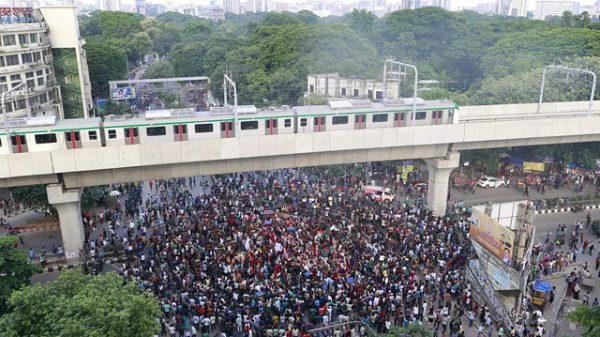
Alimuzzaman :
The movement against the reinstatement of the quota system in government jobs is gaining momentum across Bangladesh, with students from various universities taking to the streets to voice their discontent.
On Wednesday, students from Jagannath University (JnU) blocked the Tantibazar intersection in Old Dhaka from 3:00 pm to 3:30 pm, disrupting traffic in a show of defiance against the quota system.
Earlier that day, students from Shahjalal University of Science and Technology (SUST) organised a procession at 11:30 am, protesting the government’s move to bring back quotas in government employment.
The quota system in government jobs was first introduced through an executive order shortly after Bangladesh gained independence. Initially, only 20 percent of government job recruitments were merit-based, with the remaining 80 percent allocated through quotas.
Over time, this percentage of merit-based recruitment was gradually increased. By 2018, the quota system included a 30 percent allocation for freedom fighters, 10 percent for women, 10 percent for individuals from backward districts, 5 percent for ethnic minorities, and 1 percent for physically impaired persons, amounting to a total of 56 percent.
In 2018, widespread protests erupted across educational institutions, including Dhaka University, with students demanding a reduction of the quota from 56 percent to 10 percent.
The protests, spearheaded by the “Bangladesh Sadharon Chhatra Adhikar Shangrakkhan Parishad,” culminated in the government abolishing the quota system for first and second class government jobs. This decision was formalised through a circular issued by the public administration ministry on October 4, 2018.
The issue resurfaced in 2021 when descendants of freedom fighters filed a writ with the High Court, challenging the abolition of the freedom fighter quota. The court, on June 5, 2023, declared the cancellation of this quota illegal, reigniting student protests demanding the reinstatement of the 2018 circular that abolished the quota.
Students and job aspirants, now united under the “Anti-Discriminatory Student Movement,” are not only demanding the reinstatement of the 2018 circular but also pressing for additional reforms.
These include the formation of a commission to eliminate irrational and discriminatory quotas in all government job grades, recognition of backward communities as defined by the constitution, preventing multiple uses of quota benefits, merit-based filling of unoccupied quota posts, and ensuring a corruption-free, neutral, and merit-based bureaucracy.
On Saturday, students of Maulana Bhasani Science and Technology University (MBSTU) in Tangail intensified the movement by blocking the Dhaka-Tangail and Bangabandhu Bridge highways.
The blockade, which began at 10:30 am in Ashekpur, lasted for an hour and a half, creating significant traffic congestion. Over 300 students participated, holding banners and chanting slogans against discrimination in job quotas.
A protesting student, Taufikur Rahman, emphasized that the country fought for independence to eradicate discrimination and that maintaining job quotas perpetuates unfair treatment of ordinary students.
He argued that the quota system benefits only a select group while ordinary students are left disadvantaged. As the anti-quota movement gains traction, the hearing on the cancellation of the circular revoking the quota system is scheduled for today, Thursday.
Government officials have indicated that necessary steps will be taken based on the court’s verdict.
The protests at Dhaka University and the blockade at Shahbagh intersection highlight the widespread support for the movement.
Students from various institutions, including Dhaka University, seven government colleges in the capital, and institutions under the National University, are joining forces to demand a fair and merit-based job recruitment system in Bangladesh.
This ongoing struggle signifies a critical moment in the quest for equality and justice in the country’s employment sector, as students continue to rally against what they see as an outdated and discriminatory system.


